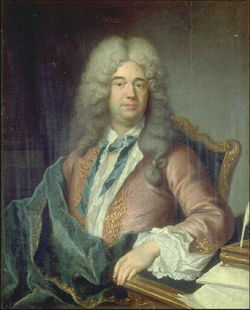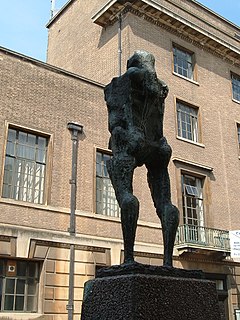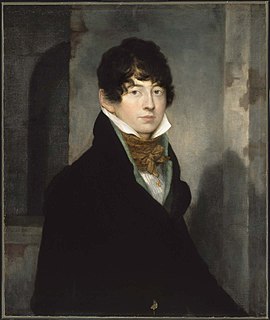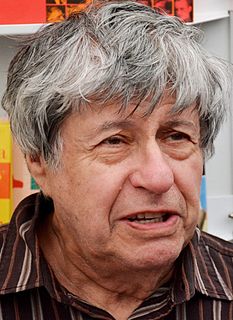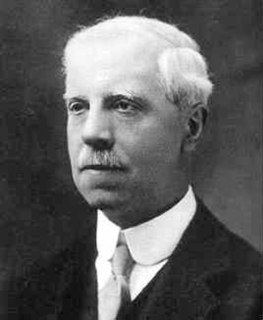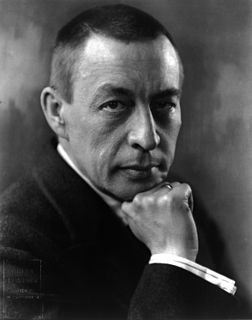A Quote by Jean-Baptiste Rousseau
Every artist loves applause. The praise of his contemporaries is the most valuable part of his recompense.
Related Quotes
We are not fond of praising, and never praise any one except from interested motives. Praise is a clever, concealed, and delicate flattery, which gratifies in different ways the giver and the receiver. The one takes it as a recompense of his merit, and the other bestows it to display his equity and discernment.
A man is known by the books he reads, by the company he keeps, by the praise he gives, by his dress, by his tastes, by his distastes, by the stories he tells, by his gait, by the notion of his eye, by the look of his house, of his chamber; for nothing on earth is solitary but every thing hath affinities infinite.
Leonard [Nimoy] was such a teacher for me. He was one of the most fully realized human beings I have ever known on every level - in his personal life with his personal relationships and his love for his wife and his evolution with his family. Then as an artist, as an actor, as a writer, as a poet, and as a photographer. He never stopped.
Every few seconds a new book sees the light of day. Most of them will just be a part of the hum that makes us hard of hearing. Even the book is becoming an instrument of forgetting. A truly literary work comes into being as its creator's cry of protest against the forgetting that looms over him, over his predecessors and his contemporaries alike, and over his time, and the language he speaks. A literary work is something that defies death.
Man in his raw, natural state as he comes from the womb is morally and spiritually corrupt in disposition and character. Every part of his being-his mind, his will, his emotions, his affections, his conscience, his body-has been affected by sin (this is what is meant by the doctrine of total depravity)
Opinion in all parts of the world would agree that Rachmaninoff is the most complete of living masters of the instrument; his technique is comprehensive, and he is, of course, musical to his bone's marrow. Most important of all, he is a composer, and for this reason he is able to approach a work as none of his pianist contemporaries can approach one - that is, from the inside, as an organic and felt creative process.
